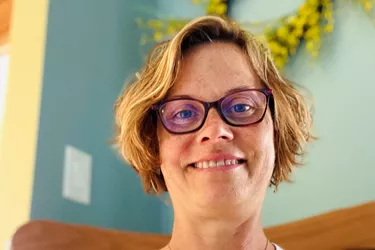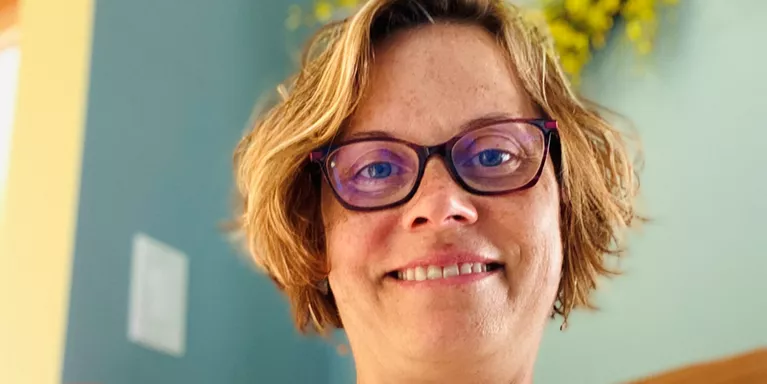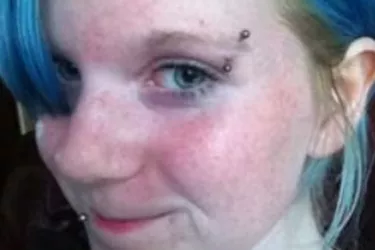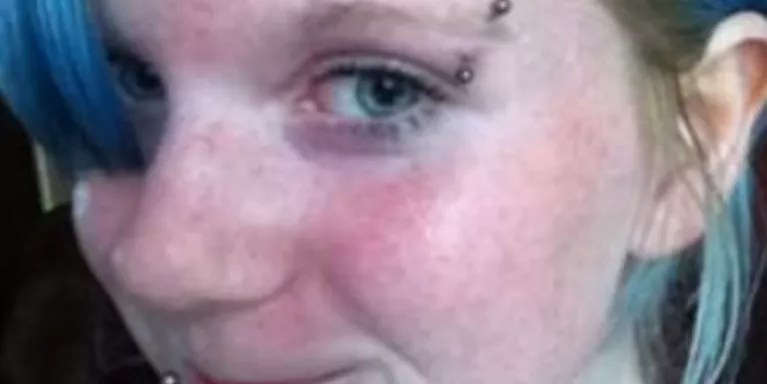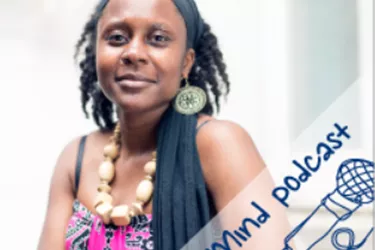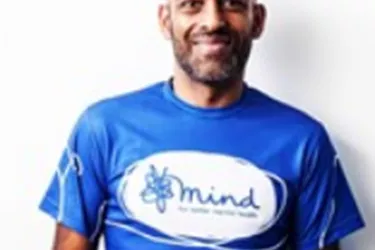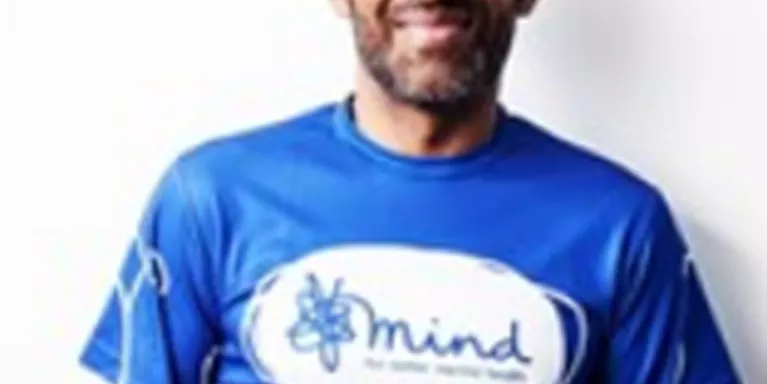I got off the streets because of my children
Dave, who has bipolar disorder, blogs about how he regained control of his life.
For a long time, I felt like my life was just waking up and waiting to fall back to sleep again. Looking back, I can honestly say I don’t know how I did it – I don’t know how I made it out the other side.
In 2017, I was diagnosed with type 1 bipolar disorder whilst I was homeless. Type 1 bipolar disorder is usually diagnosed if you have experienced at least one episode of mania which has lasted longer than a week, and is sometimes characterised by depressive episodes, too – both of which I experience.
“I was constantly playing games with myself”
Before I was formally assessed for bipolar, for years I'd been dealing with what I thought was ‘just me.’ But it wasn’t ‘just me’, there was something else going on beneath the surface.
To other people I appeared ‘stupid’ or reckless. Back then, I was constantly playing games with myself. I’d cross the road with my eyes closed - walking a thin line between life and death.
When I look back on my behaviour I think, ‘idiot.’ Why would I do that? But at the same time, I can't explain why either. I just felt inclined to play with my own life every now and then.
“My life was very, very chaotic”
I was homeless when I had a psychiatric assessment and was diagnosed with type 1 bipolar disorder. Over a period of seven years, I went through five different hostels in Cardiff, and even did two periods of living on the streets.
My life was very, very chaotic. I was at a point where I didn't want to live anymore. I had nothing to look forward to. I didn't own anything. I had no prospects. I had no aspirations. I had nothing, really. I was just living day to day.
Living on the streets made my condition even harder to deal with, and my condition made living on the streets harder, too. Support services for the homeless were mainly focused on drug rehabilitation, and I didn’t do drugs. I refused to become a product of my environment. I’d seen too many family members fall victim to drugs.
Having no money meant I couldn’t do the little things that might make me feel better. Even those very simple things – I couldn’t go to the shop and buy a bottle of coke.
However, while there was limited support available for me, I now realise that when I was homeless, I wasn't doing anything to help myself and my situation. I wasn't doing anything to help my mental health.
I was expecting people to do it for me. I was expecting the doctor to just give me a magic pill. I was expecting my support worker to just give me everything I needed. That wasn’t the right attitude to have. I realised I had to take control of my own life. And that’s what I did.
Taking control of my mental illness
My children are 100% the reason why I sorted my life out. The thought of them kept me going. In fact, I can probably tell you right now I'd be dead without them.
Looking back, how I made it out the other side is a miracle to me. I feel like two different people. I even refer to myself by different names. My Christian name is David. However, I absolutely despise being called this, and now I always go by ‘Dave.’
Going by a different name provides me with mental separation from who I was back then. Now I’m a productive member of society, involved in charity work to do with the homeless.
In 2019 I was given the property I’m in now and I also started volunteering for the charity Boomerang Cardiff, which was established by a friend of mine. He had also been homeless, and he understood that there was no help for people who just fell on hard times.
He’s really helped me change my way of thinking. If you think positively, if you act positively, and if you do positive things, positive things will start happening to you, and you will naturally start to feel better.
Tackling the ‘root problems’
For me, going to see a doctor and taking a tablet was not a remedy for sorting out my mental health – I needed to tackle the root problems.
When you’re stuck in a cycle of negative thinking, it’s very difficult to rewire your brain to think differently. Don’t get me wrong – I’m not there yet. However, I don’t think I’m too far away, either.
That gives me hope, and I hope it gives hope to other people too. It’s no longer just about me, but about who I can save. There are people out there taking their own lives in situations where they don’t need to be.
I am living proof that you can actively try and change things – you can change your life if you really want to.


Information and support
When you’re living with a mental health problem, or supporting someone who is, having access to the right information - about a condition, treatment options, or practical issues - is vital. Visit our information pages to find out more.
Share your story with others
Blogs and stories can show that people with mental health problems are cared about, understood and listened to. We can use it to challenge the status quo and change attitudes.










